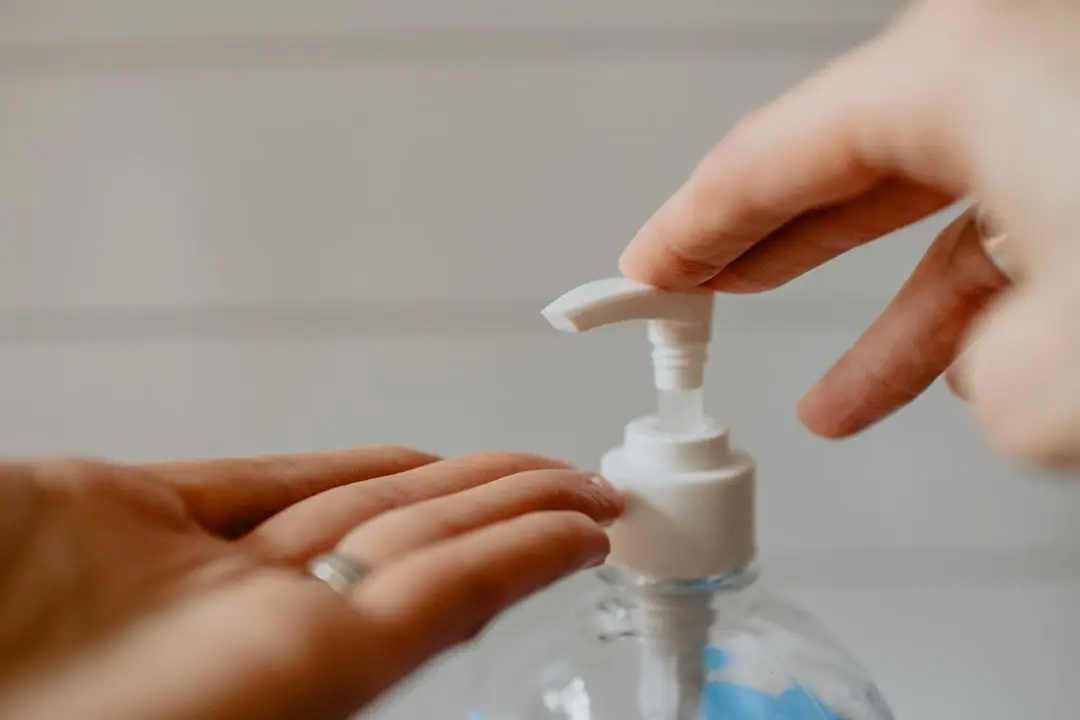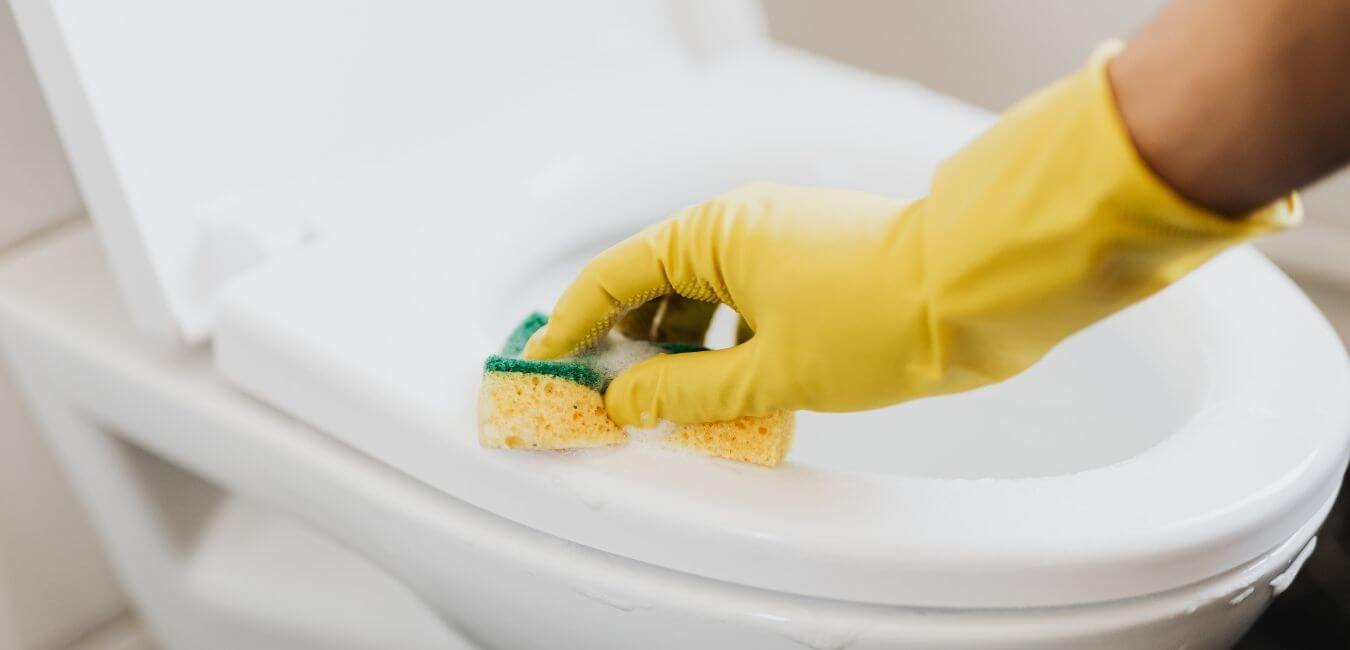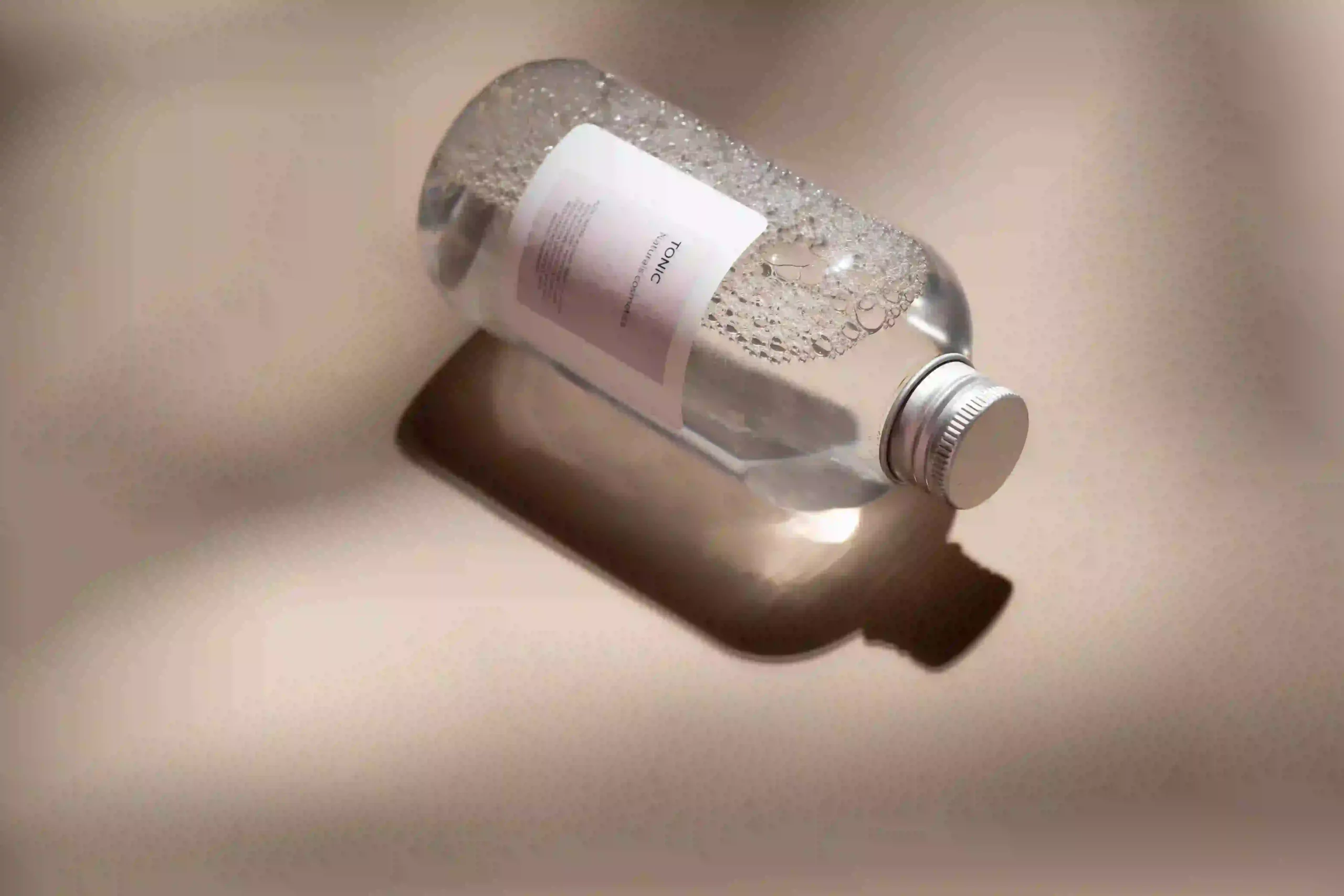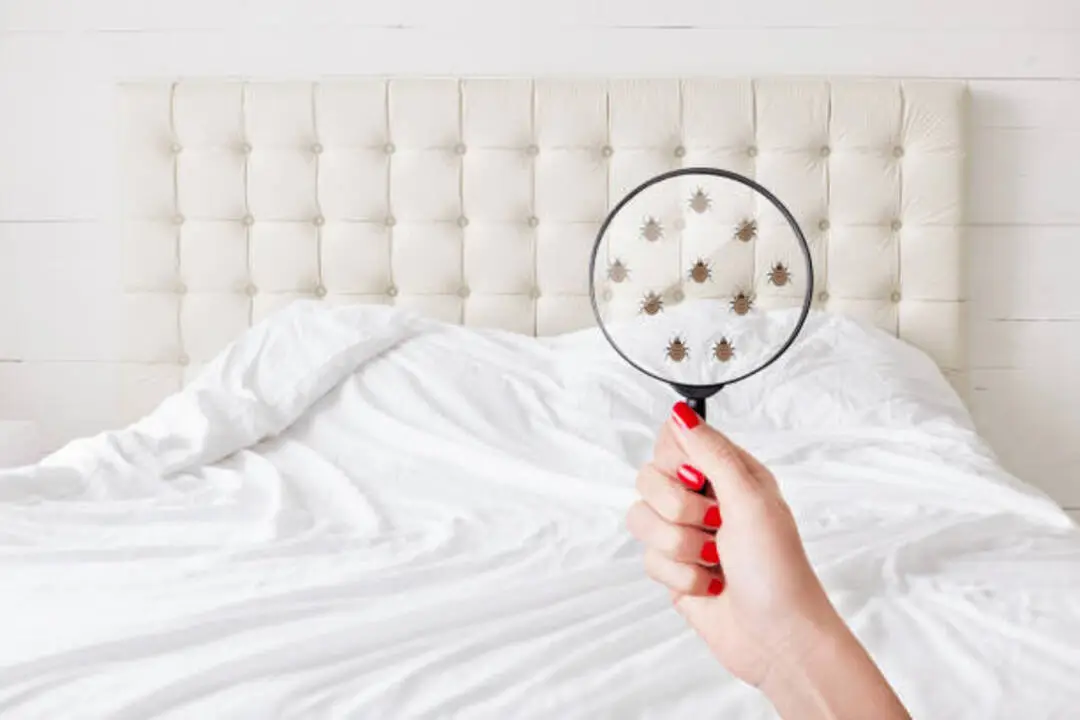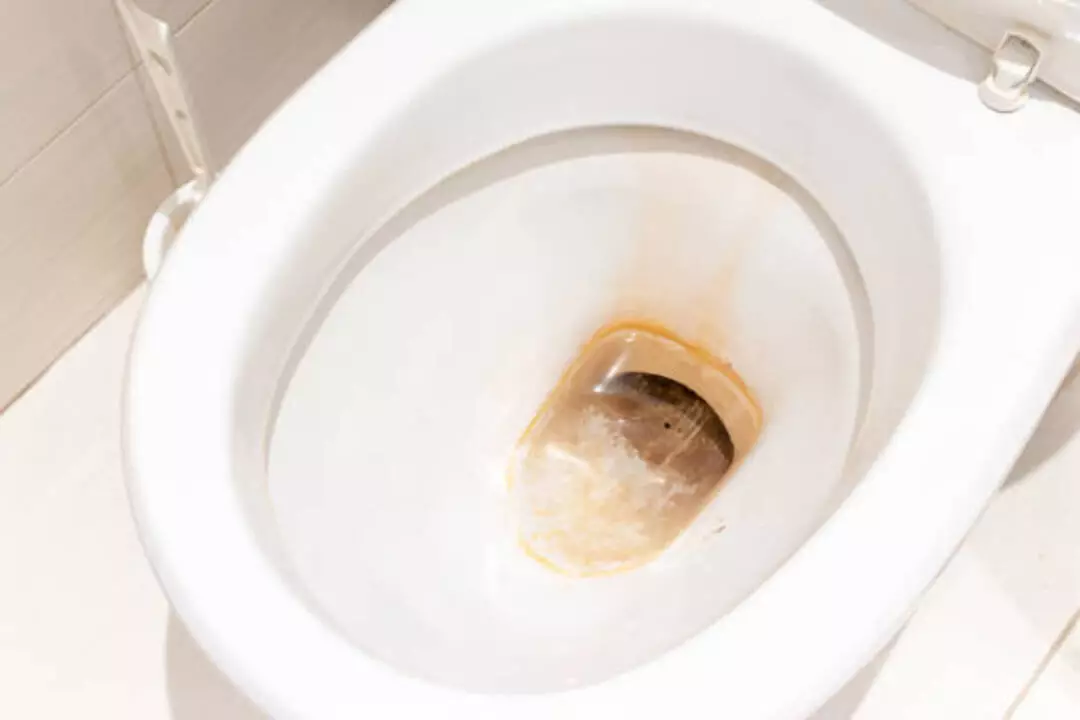Are bed bugs making a meal out of your peaceful slumbers? Your laundry routine might hold a potential solution; believe it or not, there’s chatter about dryer sheets as bed bug repellents.
This blog untangles the truth from fiction, digging deep into scientifically-backed information and practical steps you can take to combat these unwelcome guests. Ready to reclaim your restful nights? Let’s jump right in!
Key Notes
- Dryer sheets are believed to repel bed bugs due to their strong fragrance, but there is limited scientific evidence to support this claim.
- Other natural methods for repelling bed bugs include using diatomaceous earth and essential oils, although their effectiveness has not been scientifically proven.
- Regular cleaning and disinfection of bedding is important for preventing bed bug infestations.
- Sealing up cracks and crevices in your home can help prevent bed bugs from entering.
- Using mattress encasements and bed bug traps can be helpful in preventing and monitoring infestations.
- Seeking professional help from a pest control service is recommended for effective strategies for dealing with bed bug infestations.
The Effectiveness of Dryer Sheets in Repelling Bed Bugs

While some people believe that dryer sheets can repel bed bugs, there is limited scientific evidence to support this claim.
Scientific evidence (or lack thereof)
There’s a lot of talk about dryer sheets helping with bed bugs. But, no proof backs up this idea. Dryer sheets do have strong odors that could cover up the smell of people. This is why some say they keep bugs away.
Yet, experts see it as a myth and not the truth. Chemicals in these sheets might push back the bugs. Still, there isn’t any firm research to show it works for sure. So, think of using dryer sheets as just one step to try at home and not your only plan against bed bugs.
How dryer sheets are believed to repel bed bugs
Dryer sheets are believed to repel bed bugs because of their strong fragrance. It is thought that the scent can mask human odor, making it harder for bed bugs to detect and find their human hosts.
Some people also believe that certain chemical compounds in dryer sheets may have a repelling effect on bed bugs. However, it’s important to note that there is no scientific evidence to support these claims.
While using dryer sheets as a potential home remedy for bed bug infestations might be tempting, it should be considered more of a temporary solution than a guaranteed method.
Natural Methods for Repelling Bed Bugs
Some natural methods for repelling bed bugs include using diatomaceous earth and essential oils and regularly cleaning and disinfecting your bedding.
1. Diatomaceous Earth
Diatomaceous Earth is a natural substance that can be used as an alternative method for bed bug removal. It is made from the fossilized remains of tiny aquatic organisms called diatoms.
When these organisms die, their shells break down into a fine powder that can effectively kill bed bugs by drying them out. Diatomaceous Earth works by sticking to the bed bug’s exoskeleton and absorbing the waxy layer on its outer surface, causing dehydration and eventually death.
However, it is important to note that Diatomaceous Earth should be used properly and in conjunction with other methods for effective bed bug control.
2. Essential oils
You may have heard of using essential oils as a natural way to repel bed bugs. Some popular options include lavender, tea tree, and peppermint oil. The idea is that the strong scent of these oils will deter the bugs from coming near your bedding.
However, it’s important to note that there is no scientific evidence to support the effectiveness of essential oils in repelling or eliminating bed bugs. While some people may find success with using essential oils as a temporary solution, it should not be relied upon as a guaranteed method for getting rid of bed bugs.
If you’re dealing with a bed bug infestation, it’s best to seek professional help and follow proven methods for prevention and control.
3. Regular cleaning and disinfection of bedding
Clean and disinfect your bedding regularly to help prevent bed bug infestations. Here are some tips:
- Wash your sheets, pillowcases, and blankets in hot water. The heat can kill any bed bugs or eggs that may be present.
- Use a dryer on high heat to dry your bedding thoroughly. This can also help eliminate any bed bugs or eggs that survived the washing process.
- Vacuum your mattress, box spring, and bed frame regularly to remove any potential hiding spots for bed bugs.
- Consider using a mattress encasement to create a barrier between you and any bed bugs that may be present.
- If you suspect a bed bug infestation, consult a professional pest control service for advice on how to effectively treat the problem.
Other Steps to Take for Bed Bug Prevention and Control
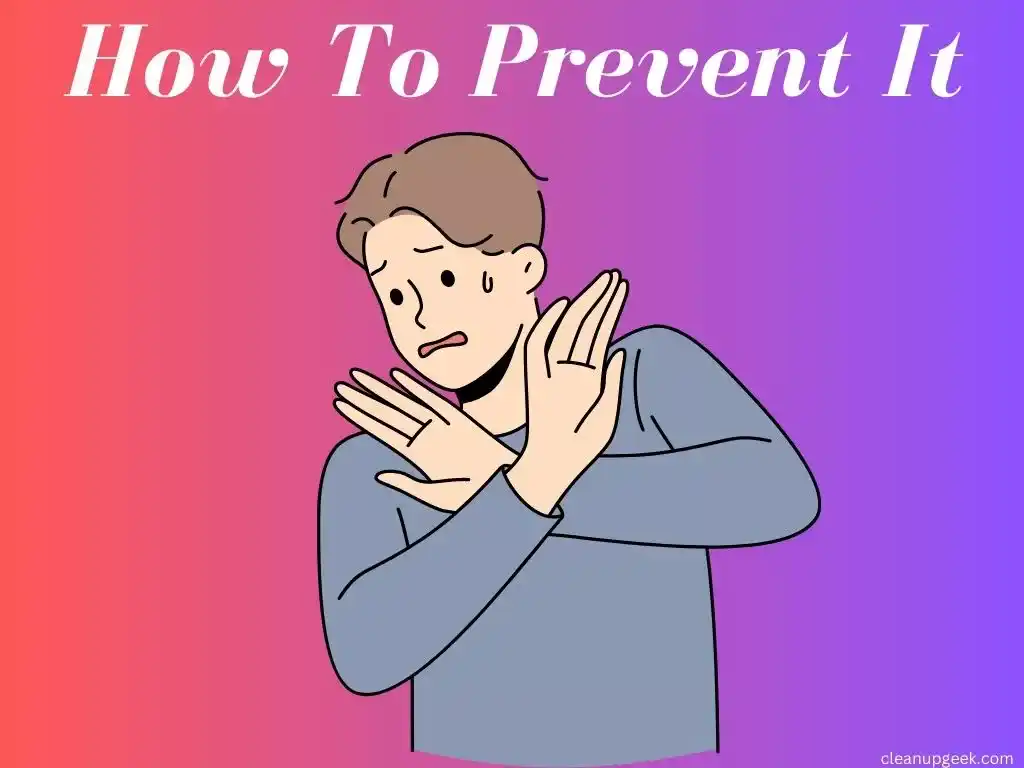
Seal up any cracks and crevices in your home, as these can be potential hiding spots for bed bugs.
1. Sealing up cracks and crevices
Sealing up cracks and crevices is an important step in preventing bed bug infestations. Here’s what you can do to keep those bugs away:
- Inspect your home for any cracks or crevices where bed bugs could hide.
- Use caulk or sealant to seal up these openings, making it harder for bed bugs to enter your home.
- Pay special attention to areas like baseboards, electrical outlets, and gaps around windows and doors.
- If you find any holes or openings in walls, use spackling paste or putty to fill them in.
- Make sure that the screens on windows and doors are intact and free from any tears or holes.
- By sealing up these entry points, you’re reducing the chances of a bed bug infestation in your home.
2. Using mattress encasements and bed bug traps
One important step in preventing and controlling bed bug infestations is to use mattress encasements and bed bug traps. These strategies can help protect your mattress and catch any bugs that may be hiding in your home. Here are some tips to help you use them effectively:
- Use mattress encasements: Encase your mattress and box spring in a bed bug-proof cover. This will create a barrier that prevents bed bugs from entering or escaping.
- Choose the right encasement: Look for encasements that are specifically designed to keep out bed bugs. They should be labeled as “bedbug-proof” or “bite-proof.” Make sure the encasement fully covers all sides of the mattress and is securely zipped shut.
- Regular inspections: Periodically inspect the encasements for any signs of bed bugs, such as dark stains or shed skin. If you find any evidence of an infestation, contact a professional pest control service.
- Bed bug traps: Place bed bug traps under your bed legs to catch any bugs trying to climb onto your bed. These traps work by luring the bugs with bait and then trapping them inside.
- Monitor regularly: Check the traps regularly for any trapped bed bugs. If you notice an increase in trapped bugs, it may indicate an infestation that requires further action.
3. Seeking professional help
If you’re dealing with a bed bug infestation, seeking professional help is highly recommended. While there are various home remedies and do-it-yourself methods available, professional pest control services have the expertise and knowledge to effectively deal with bed bugs.
They can provide customized solutions tailored to your specific situation. Professional exterminators use proven techniques and treatments that are more likely to eliminate bed bugs completely.
They will conduct a thorough inspection of your premises, identify the extent of the infestation, and develop a targeted plan to eradicate the pests. Remember, when it comes to bed bugs, it’s best not to take chances and leave it in the hands of professionals who know how to handle these stubborn pests effectively.
Debunking Common Myths about Dryer Sheets and Bed Bugs

Dryer sheets and their effectiveness in repelling bed bugs are often surrounded by myths. One common myth is that dryer sheets can instantly kill or get rid of bed bugs. However, this is not true.
Dryer sheets may have some repellent effects on bed bugs due to the fragrance they contain, but there is no scientific evidence to support this claim.
Another myth is that placing dryer sheets under your mattress or in other areas will prevent bed bug infestations. Unfortunately, this method is unlikely to be effective in deterring these pests.
Bed bugs can hide in many places besides your mattress, such as cracks and crevices around your home.
One frequently asked question is whether using liquid fabric softener instead of dryer sheets will have the same effect on repelling bed bugs. The truth is that neither liquid fabric softeners nor dryer sheets have been proven to effectively repel or eliminate bed bugs.
In conclusion, while it may be tempting to rely on dryer sheets as a DIY solution for dealing with bed bugs, it’s important to understand their limitations. For effective strategies for preventing and controlling bed bug infestations, it’s best to consult a professional pest control service that can provide expert advice tailored to your specific situation.
Frequently Asked Questions

1. Can dryer sheets effectively repel bed bugs?
No, using dryer sheets to repel bed bugs is a myth and not an effective method of dealing with infestations.
2. How can I get rid of bed bugs instead?
To effectively eliminate bed bugs, it is best to hire a professional pest control service that uses proven methods like heat treatment or insecticides.
3. Are dryer sheets harmful to bed bugs at all?
Dryer sheets do not pose any significant harm or toxicity to bed bugs, and they will not prevent or eradicate an infestation.
4. Why are dryer sheets believed to work against bed bugs?
The belief that dryer sheets repel bed bugs might stem from the strong scent they produce, which could temporarily mask the bug’s pheromone trails but does not stop their activity or reproduction. However, this effect is minimal and should not be relied upon for effective pest control.
Conclusion and final thoughts 💭
In conclusion, using dryer sheets for bed bugs is a popular but unproven method. While some people believe that strong fragrances can repel these pests, there is no scientific evidence to support this claim.
It’s important to rely on effective strategies and professional help when dealing with bed bug infestations. Don’t count on dryer sheets as a guaranteed solution – seek expert advice instead.


